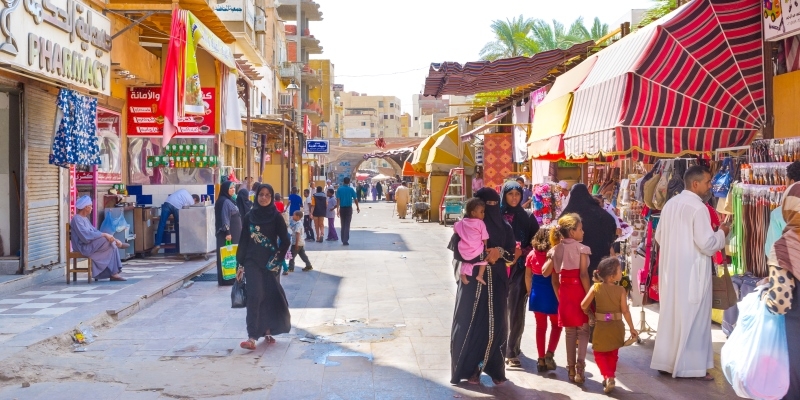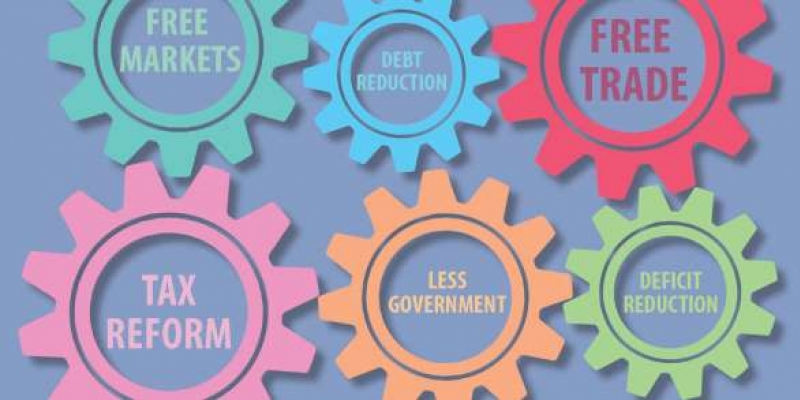Economic Freedom
— Dec 15, 2015
— Dec 4, 2015
— Sep 14, 2015
— Aug 18, 2015
— Jul 28, 2015
— Apr 16, 2015
 Read the Full Publication
Read the Full Publication Executive Summary - by Donald J. Boudreaux, Editor
Executive Summary - by Donald J. Boudreaux, Editor Summary Chapter - by Donald J. Boudreaux
Summary Chapter - by Donald J. Boudreaux Chapter 1 - by Liya Palagashvili
Chapter 1 - by Liya Palagashvili Chapter 2 - by Russell S. Sobel
Chapter 2 - by Russell S. Sobel Chapter 3 - by Robert A. Lawson
Chapter 3 - by Robert A. Lawson Chapter 4 - by Roger Meiners and Andrew P. Morriss
Chapter 4 - by Roger Meiners and Andrew P. Morriss Chapter 5 - by Clyde Wayne Crews Jr.
Chapter 5 - by Clyde Wayne Crews Jr.
- ‹ previous
- 7 of 17
- next ›





